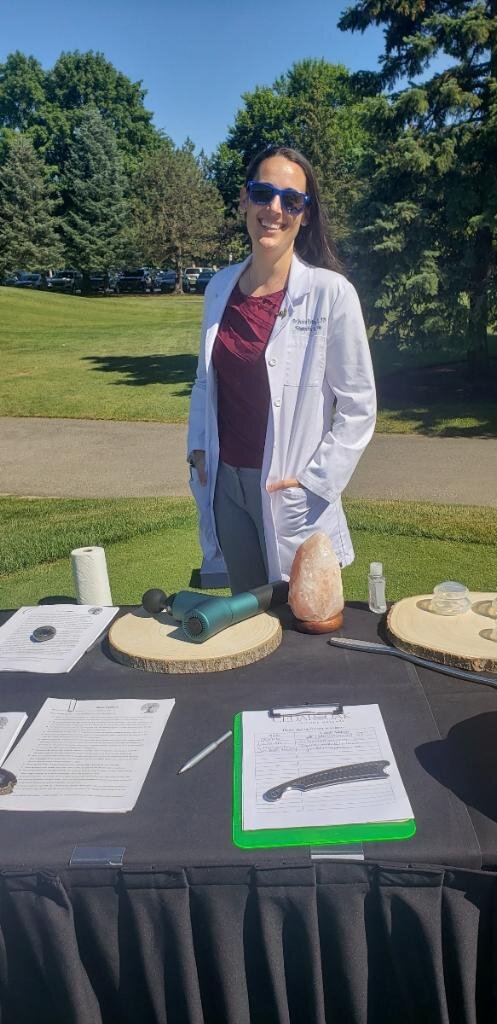Happy New Year! Check out my latest Instagram video about setting goals.
Setting goals is important. Personally, I think using the new year as a time to reflect and plan for the year to come is a great idea. The new year is symbolically a very powerful time as it represents a natural new beginning.
But whether you are setting them at New Year’s or any other time, remember the acronym, SMART.
S. Goals need to be specific. They have to be clearly defined. It’s not enough to say “I’m going to get more exercise in 2023.” You need to be specific about what that means. Try instead “I am going to get 150 minutes of moderate exercise every week” (which happens to be what the CDC recommends for adults.)
M. Goals need to be measurable. Have an objective way to track your goal. Instead of saying “I’m going to drink more water in 2023,” instead quantify what exactly you mean. "I am going to drink 80-100 oz of water each day” is usually a good place to start for most adults.
A. Goals must be attainable. Choose a goal that is realistic for your situation. Some people run marathons, I am not one of those people. An attainable goal needs to be doable given my situation, schedule, resources and physical abilities. For example, “I will go for a 20-minute walk at least 4 days per week.”
R. Goals should be relevant to the larger goal you are working towards. If you are focused on improving your health, managing your weight and getting better sleep then make goals that help you achieve those broader objectives. Making a goal about saving $100 each month is not relevant to your larger aim in getting healthier.
T. Goals must be time-bound. Goals should have an endpoint to assess if you have succeeded. This can also help break up a large goal into smaller ones. If you have saving for a big trip, instead of saying “I will save $8,000”, instead say “I will save $1000 this month.” Or even, “I will put $250 into my savings account this week.” The second benefit of having a time component is that it allows you to assess your progress and adjust your goal as you go along. So if I set a health and fitness goal for the whole year, I may get discouraged or distracted. Start with a portion of the year. “I will go to the gym 3 days per week for the next 2 months.” At the end of that time, you can assess if you succeeded or not and adjust your goal accordingly. This also allows your goal to vary with different seasons and circumstances. I can say personally it’s much easier to get outside and walk in the summer than doing it in the winter. So my fitness goals may vary depending on the season.
Are you setting any goals for 2023? Share below!
I’m here to help you meet your health goals in 2023! I offer free 15-minute consultation calls to answer your questions about natural medicine, my background and how I help patients achieve great health!
#naturalmedicine #naturopathicmedicine #healing #drjesskeating #willowclinic #telehealth #holisticmedicine #healthjourney #foodismedicine #momjourney #chicagoland #integrativemedicine #PregnantLife #momlife #NewYears2023 #NewYearsResolution #SMARTGoals #GoalSetting #Lombard






